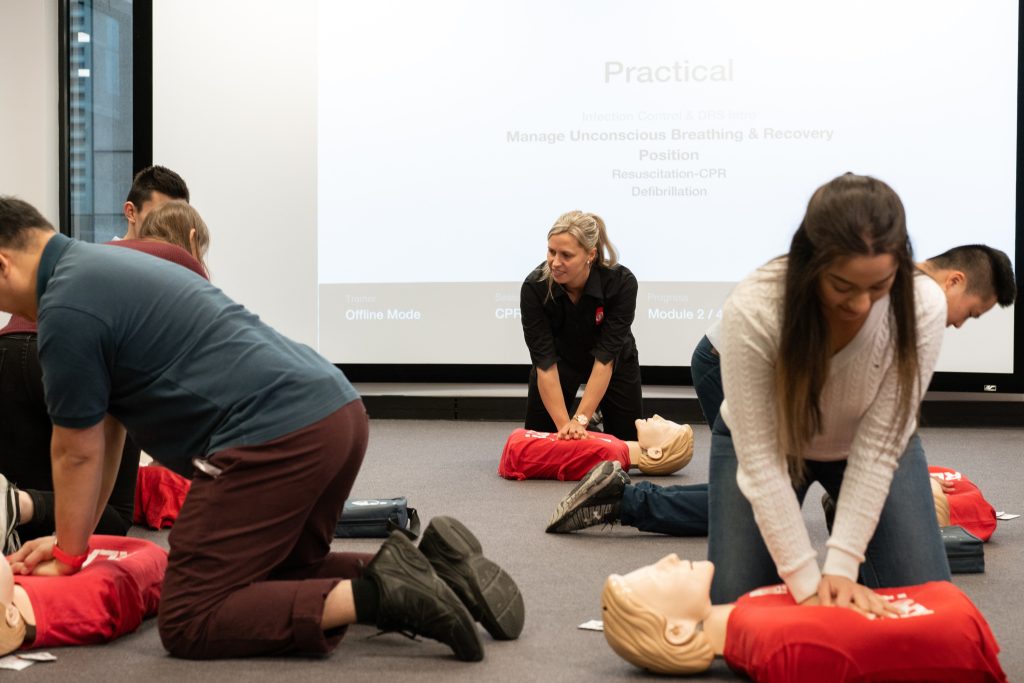In today’s interconnected world, cybersecurity threats are evolving rapidly, making it essential for businesses and individuals to safeguard their digital assets. Ethical hacking has emerged as a crucial skill set for identifying vulnerabilities and strengthening security systems against malicious attacks. Ethical hacking courses provide the necessary knowledge and expertise to understand cyber threats, analyze security loopholes, and implement effective countermeasures. By equipping professionals with these skills, such courses play a vital role in creating a safe and secure digital environment. Ethical hacking, also known as penetration testing or white-hat hacking, involves simulating cyberattacks to identify and fix potential security weaknesses before malicious hackers can exploit them. Ethical hackers use their skills to protect networks, applications, and data from breaches, thereby preventing financial losses, reputational damage, and legal consequences. With the increasing frequency of cyberattacks on businesses, government organizations, and individuals, the demand for certified ethical hackers is at an all-time high.

Ethical hacking courses provide structured training on various aspects of cybersecurity, such as network security, encryption techniques, web application security, and vulnerability assessment. One of the primary benefits of enrolling in an ethical hacking course is gaining hands-on experience with real-world cybersecurity challenges. These courses often include practical labs, simulated cyberattack scenarios, and case studies that help learners understand the complexities of cybersecurity. Participants learn about different types of hacking techniques, including phishing, malware analysis, SQL injection, and denial-of-service attacks. More importantly, they are trained to think like hackers, allowing them to anticipate potential threats and devise proactive security measures. Another key advantage of ethical hacking courses is the opportunity for career advancement. The cybersecurity industry is experiencing a massive skills gap, with companies actively seeking professionals who can safeguard their digital infrastructure. Certifications such as Certified Ethical Hacker CEH, Offensive Security Certified Professional OSCP, and GIAC Penetration Tester GPEN are highly regarded in the industry.
These credentials not only enhance job prospects but also lead to higher salaries and better career growth. Ethical hackers are employed in various roles, including cybersecurity analysts, penetration testers, security consultants, and information security managers. Apart from career benefits, ethical hacking courses also contribute to a safer digital world by spreading awareness about cybersecurity best practices. Many cybercrimes occur due to human errors, such as weak passwords, unsecured networks, and lack of awareness about phishing scams. Ethical hacking training emphasizes the importance of cybersecurity hygiene and teaches individuals how to protect their personal and professional data from cyber threats. By educating more people about ethical hacking, we can collectively build a more secure online ecosystem. Ethical hacking courses empower individuals to combat cyber threats effectively and contribute to a safer digital world. They provide valuable skills, hands-on experience, and industry-recognized certifications that enhance career opportunities. With the rising importance of cybersecurity, corso ethical hacker is no longer just a specialized skill but a necessity for organizations and individuals alike.
